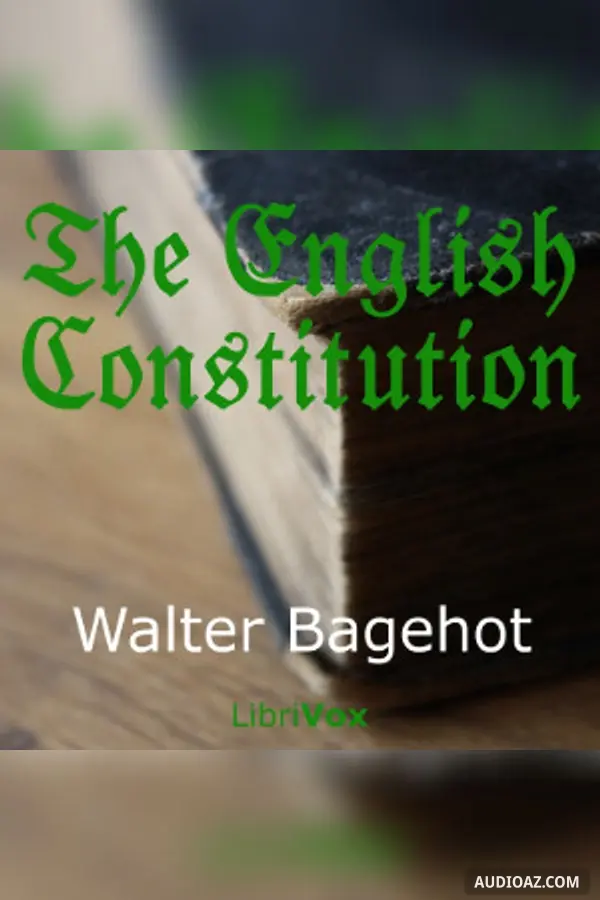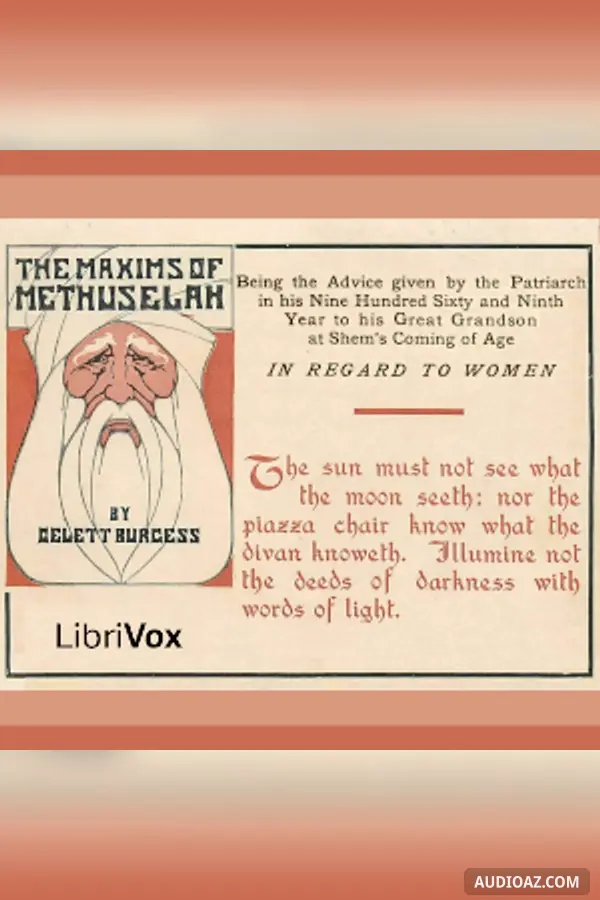
The English Constitution - Sách nói Miễn phí
Tác giả: Walter Bagehot
Ngôn ngữ: English
Thể loại: Luật phápPhi hư cấuKhoa học chính trị
1 / 23Introduction to the Second Edition, part 1
- 1. Introduction to the Second Edition, part 1
- 2. Introduction to the Second Edition, part 2
- 3. Introduction to the Second Edition, part 3
- 4. Introduction to the Second Edition, part 4
- 5. The Cabinet, part 1
- 6. The Cabinet, part 2
- 7. The Monarchy, part 1
- 8. The Monarchy, part 2
- 9. The Monarchy, part 3
- 10. The Monarchy, part 4
- 11. The House of Lords, part 1
- 12. The House of Lords, part 2
- 13. The House of Lords, part 3
- 14. The House of Commons, part 1
- 15. The House of Commons, part 2
- 16. The House of Commons, part 3
- 17. On Changes of Ministry, part 1
- 18. On Changes of Ministry, part 2
- 19. On Changes of Ministry, part 3
- 20. Its Supposed Checks and Balances, part 1
- 21. Its Supposed Checks and Balances, part 2
- 22. The Prerequisites of Cabinet Government, and The Peculiar Form which They Have Assumed in England
- 23. Its History, and the Effects of that History - Conclusion
Giới thiệu
The English Constitution is an extremely accessible work of political and legal science by Walter Bagehot, first published in serialized form in 1865-7. While some of his observations on the English system no longer apply to the modern constitutional organization of the United Kingdom, his philosophical basis is for the most part as sound as ever.
For instance, Bagehot observes in the chapter on the Monarchy that, It is often said that men are ruled by their imaginations; but it would be truer to say they are governed by the weakness of their imaginations. The nature of a constitution, the action of an assembly, the play of parties, the unseen formation of a guiding opinion, are complex facts, difficult to know and easy to mistake. But the action of a single will, the fiat of a single mind, are easy ideas: anybody can make them out, and no one can ever forget them. When you put before the mass of mankind the question, "Will you be governed by a king, or will you be governed by a constitution?" the inquiry comes out thus—"Will you be governed in a way you understand, or will you be governed in a way you do not understand?" The issue was put to the French people; they were asked, "Will you be governed by Louis Napoleon, or will you be governed by an assembly?" The French people said, "We will be governed by the one man we can imagine, and not by the many people we cannot imagine". - Summary by Carolin
Bình luận
Hãy là người đầu tiên bình luận
Chưa có bình luận nào về nội dung này. Hãy bắt đầu cuộc trò chuyện!
Khám phá thêm
Thẻ: The English Constitution audio, The English Constitution - Walter Bagehot audio, Luật pháp audio, Phi hư cấu audio, Khoa học chính trị audio, free audiobook, free audio book, audioaz






